
The Maryland Department of Natural Resources is committed to providing technical and financial assistance and capacity building opportunities to Maryland’s communities that are challenged by the impacts of climate change, such as intense storms, rising sea levels, and increased flooding. Balancing climate impacts with growing populations, economic growth, and expanding tourism and recreation add even more complexity to the already challenging tasks of restoring the Chesapeake Bay, safeguarding people and infrastructure, and managing natural resources. To support climate adaptation in communities statewide, we are using science to inform decision making, providing educational events and technical assistance, and offering grant opportunities.
Community-Engaged Adaptation
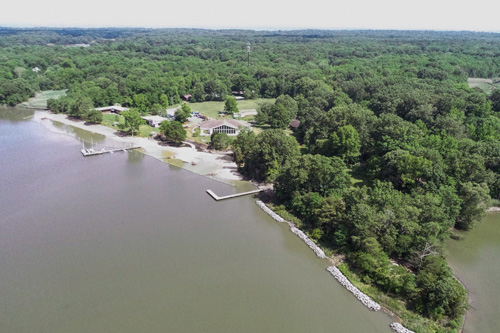
DNR is working with communities throughout Maryland to protect the resources of the state and build climate resiliency statewide. Local organizations, as well as individuals in their backyards, are what make ambitious projects like the 5 Million Trees Initiative possible. Initiatives such as
5 Million Trees help to reduce the impacts of warming temperatures by enhancing the natural environment, creating shade, and supporting water uptake by our soil and trees.
DNR partners with community groups to support nature-based and climate adaptive practices. DNR is currently working with the
residents of Deal Island to increase their resilience to coastal flooding, erosion, and other social and environmental changes. DNR is also working through the
Green Space Equity Program, Baltimore Green Space, Audubon - Baltimore Chapter, Charles County Resilience Authority, and Mobilize Frederick to provide more green space to overburdened communities. Through the
Capacity Building Initiative, DNR broadly supports local and regional climate adaptation initiatives by increasing access to funding.
Return to Top
Funding Community Resilience
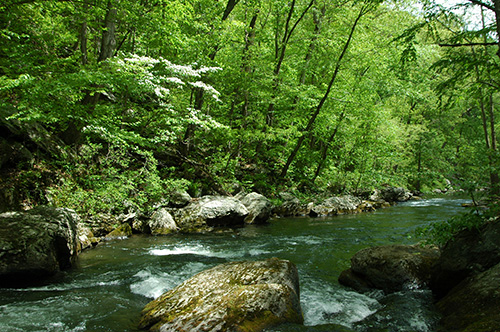
DNR helps to fund work across the state that builds resilience to climate change. The department’s
Grants Gateway portal supports partners seeking technical and financial support for projects that foster healthy ecosystems, communities, and economies that are resilient to climate change.
The
Resiliency through Restoration Initiative supports work that protects communities from erosion, flooding, and other climate change impacts, while
Outcome 2 funding focuses on tidal flooding, helping communities assess vulnerabilities and increase resilience. Through
coastal resilience easements, DNR buys land under threat of rising sea levels and manages the area to protect nearby communities and habitats. DNR also works with community groups through the
Green Space Equity Program to provide more green space to overburdened communities.
Return to Top
Engaging Local Governments
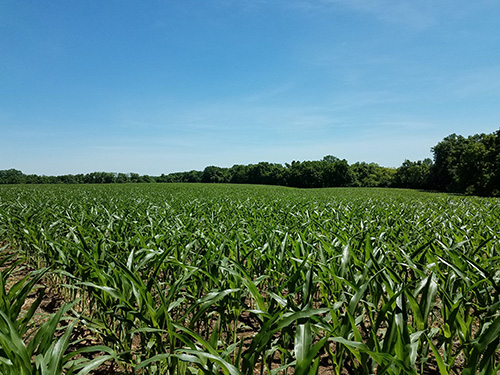
Local governments throughout the state are important partners in the effort to improve climate resilience. DNR works with local governments to develop and implement
nuisance flood plans and restoration plans (like the
Hoopersville Coastal Resiliency Study), in addition to reviewing comprehensive plans and local planning initiatives in sensitive areas via the
Critical Area Commission. DNR also supports local governments in planning for climate impacts by supplying data, such as maps showing where conditions may result in landslides and sinkholes.
Other DNR programs help to support local government projects through funding. The
Grants Gateway Program funds local stormwater management, flood planning, and restoration projects, while the
Rural Legacy Program helps protect working landscapes.
Program Open Space Local provides grants to local governments to preserve land for open space and recreation.
Return to Top
Climate Ready Workforce
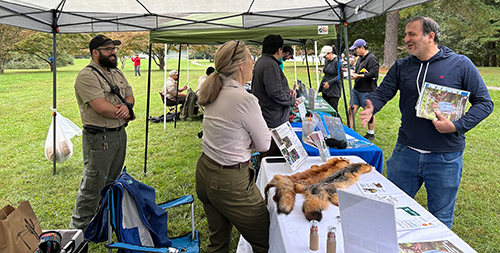
Climate change will affect every aspect of life, including the way we work. The department is helping Maryland to build climate resilience into its workforce and prepare for new employment opportunities that come with implementing renewable practices in a changing environment. The annual
Natural Resources Careers Camp, a seven-day program with curriculum designed by natural resources professionals in partnership with the state’s Forestry Boards, helps prepare young people for careers in natural resources.
Maryland’s seafood is an important industry, and DNR is developing
climate adaptive fisheries management to allow the state’s commercial fishing community to best take advantage of new and changing fishing opportunities. DNR also works with farmers to introduce regenerative farming techniques to state lands.
Return to Top
Climate Education
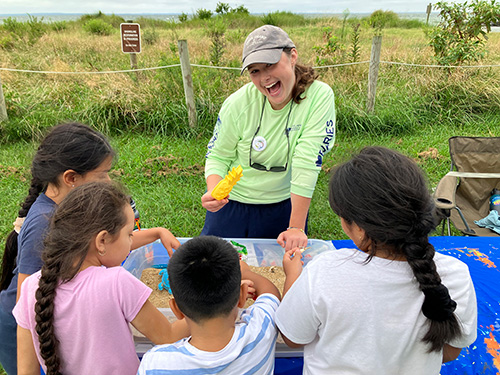
The department and other Maryland agencies support a wide variety of climate education programs. Many Maryland state parks offer environmental programming, with climate change education integrated throughout.
Maryland’s Outdoor Learning Partnership brings climate education to the classroom, part of a larger effort to increase
environmental literacy and empower Maryland youth as climate stewards.
The
Coastal Training Program helps coastal communities learn about complex restoration and conservation issues, while
Maryland Public Television offers educational videos on erosion and other topics. There are also in-the-field educational experiences through the
Chesapeake Bay National Estuarine Research Reserve, as well as various climate-related
professional development workshops and
publications.
Return to Top
Community Science
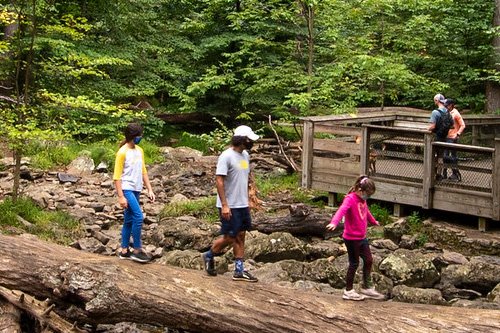
Scientific research is fundamental to understanding and adapting to climate change, and DNR is involved in multiple projects that rely on cooperation with Maryland communities in order to advance science. Community science projects include
MyCoast, which calls on residents to submit photos and information about flooding, storm damage, and restoration progress, giving scientists critical data points on our coastlines.
As warming temperatures expand the territory of ticks, Maryland researchers are also using
TickTalk to enlist the public to help them track tick prevalence in western Maryland, connecting the urgency of climate change to the backyards of Appalachian communities.